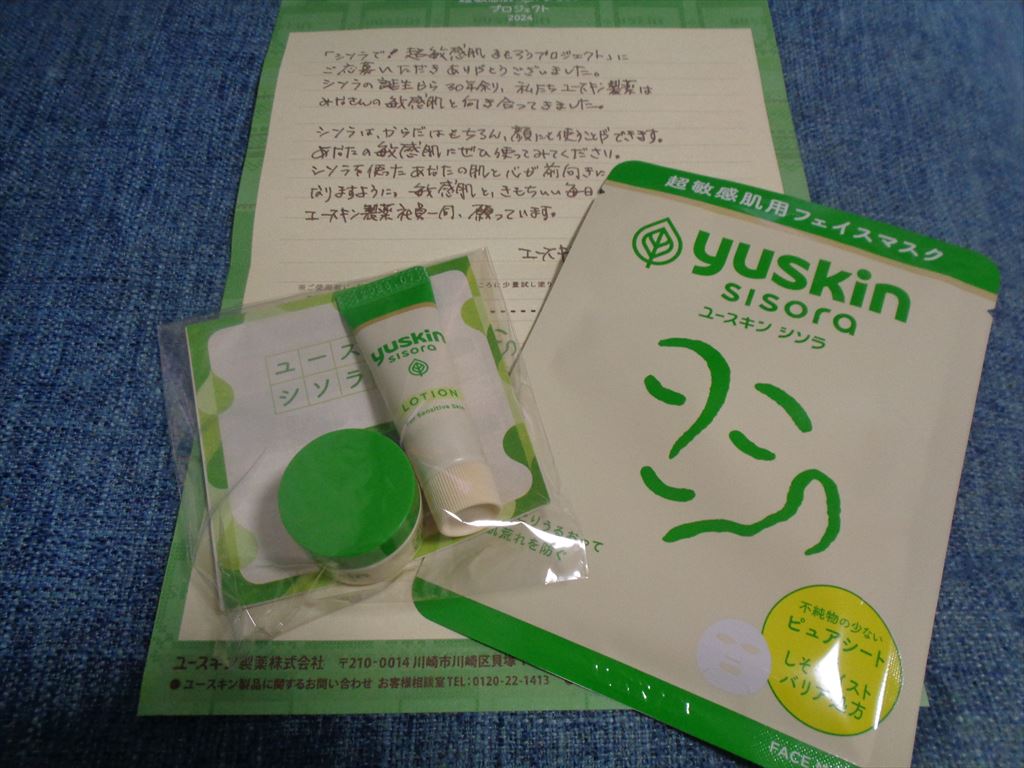July 2006, Vol.55 No.4
World Englishes (WE) accepts that there are a variety of Englishes spoken around the world and that each variety is not a “deviant” but has dignity and status in its own right. WE also emphasizes English as a communicative tool. So, if two people speaking English can not understand each other, WE maintains that they need to improve their English ability, because WE does not purport that “anything goes”. WE does not condone unintelligible pronunciation nor a lack of grammatical accuracy.
So, what does WE mean for the EFL classroom in Japan?
Robert: Mat, Mayuka and I had a great time with our family in Singapore and Bangkok on our family trip this past April. We also had some great experiences closely related to WE matters.
Mat: Oh yeah? Like what?
Robert: Well, the first one started at Singapore’s Chengi airport. We were on a package tour so we got a ride to our hotel by bus with a tour guide. Mayuka had quite a difficult time to understand what the guide was saying in English.
Mayuka: Yeah. You know, English to me is a foreign language and I sometimes don’t understand words in English. I mean, I do not know the meaning of each word. But most of the time, I can guess from context.
Robert: With that guide, even I sometimes could not get what he said because of his unintelligible pronunciation.
Mat: Oh, what did you do then?
Robert: I guessed from the context that I built up with whatever words I could get and smiled a lot.
Mayuka: English is your first language so you could do that. It was seriously tough for me. But, what is even more interesting was what happened in Bangkok. Our children are not fluent English listeners so we decided to have a Japanese speaking guide. With this guide, it was Robert’s turn to struggle with understanding what he said in Japanese because of his non-native Japanese, spoken with a Thai accent.
Mat: Could you communicate with them in English?
Robert: Yeah, on the whole. But we needed to use checking and confirming strategies quite a bit. A couple of times I had to resort to having them spell a word or two. Often we had to say or ask things like: ”Do you mean this?” or “This is blah blah, right?” or we sometimes needed to tell them “I don’t understand.” or “Would you say it again?” .
Mat: As you know, those are called conversation strategies and some of the phrases you used are called control language. Since WE emphasizes that English exists for communication, people need to be able to get their meaning across when they communicate in English. To do that, people need to be able to ask for clarification and use the other strategies when they don’t understand. I think English learners need to learn about the flexibility of language and meaning. And that is important in any language.
Mayuka: That sounds very interesting to me, Mat. However, I still think it is important for teachers to have the ability to produce proper English sounds. It is for the students to be able to communicate in English.
Mat: Well I think that pronunciation is important and will your audience understand you.
Mayuka: I hope that teachers of English to students to whom English is a foreign language will work on their pronunciation in order to have “correct” English sounds as a model for their students.
Mat: Personally, what I think students need are teachers who are passionate about teaching English. If the teacher is an outer circle or expanding circle teacher who is a good teacher, I don’t see a problem with that person teaching my child at the elementary level. Because I think that child will still become fluent in English and they will learn how to adapt it. If the teacher teaches consistently in one variety of English the students will be able to learn English. Proficiency in general is what we are aiming at.
Robert: Mat, a minute ago, you brought up an interesting point about students being able to ask for clarification. I know that you overtly teach conversation strategies and control language in your classes, but most students in Japan don’t learn them and how to use them at an early enough stage and many not at all. Students need the strategies to be able to negotiate meaning. If the students have the tools, they can find out what the speaker is trying to say and repair the conversation.
Mayuka: I agree with the need to teach the strategies as early as possible but for an additional reason as well - in order to empower students to be independent learners. The students who can control the “flood” of English coming at them, and control the conversation are the ones who make the quickest and most self-rewarding progress as they are active learners and are taking ownership of their learning.
Mat: That’s right. We need to teach our students “how to fish”.
Robert: Nicely said. Well; Mat, thanks for taking the time to talk about WE with Mayuka and me. I am sure that conversation strategies and learner empowerment will be two of the topics at the IAWE 2006 conference at Chukyo University, Nagoya in October and we look forward to seeing you there.
Notes and Comments
* conversation strategies
英語でも日本語でも、相手の発言に対して同意を示したり、さえぎったり、質問をしたりすることによって、会話が進みますよね。こういう役割をする内容の発言をconversation strategiesと呼びます。簡単に言うと、たとえば「ああ、なるほど。」”Oh, I see.”や、「ちょっと待ってよ。」”Hold on.”などのことです。このコラムの中でも頻繁に使っています。
* control language
conversation strategiesのなかでも、質問をしたり確認をしたりすることによって、相手の次の発言をコントロールする役割を持つ表現を指して、Robertはこう呼んでいます。「え?それって何?」”Wait a minute. What is it?”や、「今なんて言った?」”What did you say?”などのことですね。
英語を外国語として学習する上で、こういった表現を知っていて、それが口から出てくるかどうかは、大きなポイントとなります。つまり、言語というのはさんざん勉強してからやっと使うことができるというものではなく、わからないなりにでもコミュニケーションをする中から学ぶことによって、より自分の言葉として使いこなすことができるものですから、積極的に情報を引き出していけるための表現が、言語学習上での重要な役割を担っているのです。
* proficiency in general
いくら正確な英語をたくさん知っていても、それを場面に応じて使いこなすことができなければ、英語を学習する意味はどこにあるのでしょう。World Englishesでは、この場や表現の正確さよりも、お互いに伝えたいことが伝えられてより緊密なコミュニケーションができるかどうかのほうに重点を置いているのです。
* independent learners
「学び」というのは、自発的な動機と積極的で主体的な姿勢がなければ起こりません。つまり、おなかが減っていない人は、どんなご馳走を出されても食べないでしょうし、もし食べてもおいしいとは感じにくいでしょう。また、どんなにおなかが減っている人に対してでも、食事を用意してあげることはできても、口をこじ開けて食べさせることまではできません。
結局は、学習者のほうが意欲的に取り組むかどうかなのですが、なんにつけても指導者が手取り足取りする環境の中では、その意欲は育ちにくいでしょう。ですから、学習者が自分で学ぶための道具としてのconversation strategiesが大切なのです。
そして、この自分で学ぶ姿勢は、英語学習のみならず、あらゆる場面で必要ですよね。
*IAWE 2006 conference
World Englishesについて知るチャンスです。くわしくは、http://we.lets.chukyo-u.ac.jp/iawe2006をご覧ください。
© Rakuten Group, Inc.






